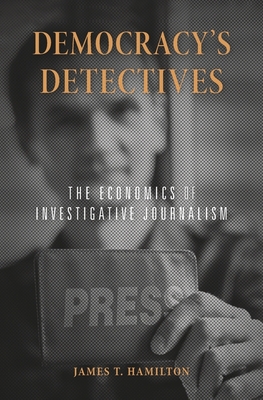Expedite your nonfiction book discovery process with Readara interviews, summaries and recommendations, Broaden your knowledge and gain insights from leading experts and scholars
In-depth, hour-long interviews with notable nonfiction authors, Gain new perspectives and ideas from the writer’s expertise and research, Valuable resource for readers and researchers
Optimize your book discovery process, Four-to eight-page summaries prepared by subject matter experts, Quickly review the book’s central messages and range of content
Books are handpicked covering a wide range of important categories and topics, Selected authors are subject experts, field professionals, or distinguished academics
Our editorial team includes books offering insights, unique views and researched-narratives in categories, Trade shows and book fairs, Book signings and in person author talks,Webinars and online events
Connect with editors and designers,Discover PR & marketing services providers, Source printers and related service providers

Democracy's Detectives: The Economics of Investigative Journalism
Language Arts & Disciplines > Journalism
- Harvard University Press
- Paperback
- 9780674986817
- 9.2 X 6 X 1.1 inches
- 0.97 pounds
- Language Arts & Disciplines > Journalism
- (Single Author) Asian American
- English
Readara.com
Book Description
Winner of the Goldsmith Book Prize, Shorenstein Center on Media, Politics and Public Policy at the Harvard Kennedy School of Government
Winner of the Tankard Book Award, Association for Education in Journalism and Mass Communication
Winner of the Frank Luther Mott-Kappa Tau Alpha Journalism & Mass Communication Research Award
In democratic societies, investigative journalism holds government and private institutions accountable to the public. From firings and resignations to changes in budgets and laws, the impact of this reporting can be significant--but so too are the costs. As newspapers confront shrinking subscriptions and advertising revenue, who is footing the bill for journalists to carry out their essential work? Democracy's Detectives puts investigative journalism under a magnifying glass to clarify the challenges and opportunities facing news organizations today.
Hamilton's book presents a thoughtful and detailed case for the indispensability of investigative journalism--and just at the time when we needed it. Now more than ever, reporters can play an essential role as society's watchdogs, working to expose corruption, greed, and injustice of the years to come. For this reason, Democracy's Detectives should be taken as both a call to arms and a bracing reminder, for readers and journalists alike, of the importance of the profession.
--Anya Schiffrin, The Nation
A highly original look at exactly what the subtitle promises...Has this topic ever been more important than this year?
--Tyler Cowen, Marginal Revolution
Author Bio
James T. Hamilton is the Hearst Professor of Communication, Chair of the Department of Communication, and Director of the Stanford Journalism Program.
His books on media markets and information provision include All the News That’s Fit to Sell: How the Market Transforms Information into News (Princeton, 2004), Regulation Through Revelation: The Origin, Politics, and Impacts of the Toxics Release Inventory Program (Cambridge, 2005), and Channeling Violence: The Economic Market for Violent Television Programming (Princeton, 1998). His most recent book, Democracy's Detectives: The Economics of Investigative Journalism (Harvard, 2016), focuses on the market for investigative reporting. Through research in the field of computational journalism, he is also exploring how the costs of story discovery can be lowered through better use of data and algorithms.
He is co-founder of the Stanford Computational Journalism Lab, Senior Fellow at the Stanford Institute for Economic Policy Research, affiliated faculty at the Brown Institute for Media Innovation, and member of the JSK Fellowships Board of Visitors.
For his accomplishments in research, he has won awards such as the David N Kershaw Award of the Association for Public Policy Analysis and Management, the Goldsmith Book Prize from the Kennedy School’s Shorenstein Center (twice), the Frank Luther Mott Research Award (twice), the Tankard Book Award, and a Center for Advanced Study in the Behavioral Sciences Fellowship.
Teaching awards from Harvard, Duke, and Stanford include the Allyn Young Prize for Excellence in Teaching the Principles of Economics, Trinity College Distinguished Teaching Award, Bass Society of Fellows, Susan Tifft Undergraduate Teaching and Mentoring Award, and School of Humanities and Sciences Dean's Award for Distinguished Teaching.
Prior to joining the Stanford faculty, Hamilton taught at Duke University’s Sanford School of Public Policy, where he directed the De Witt Wallace Center for Media and Democracy. He earned a BA in Economics and Government (summa cum laude) and PhD in Economics from Harvard University.
Education
Ph.D., Harvard University, Economics (1991)
B.A., Harvard University, Economics and Government (1983)
Source: Stanford University
Videos




Community reviews
No Community reviews

